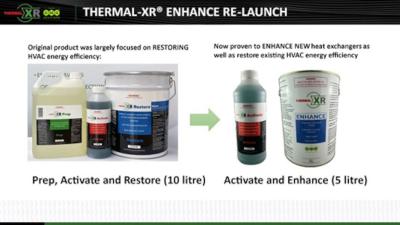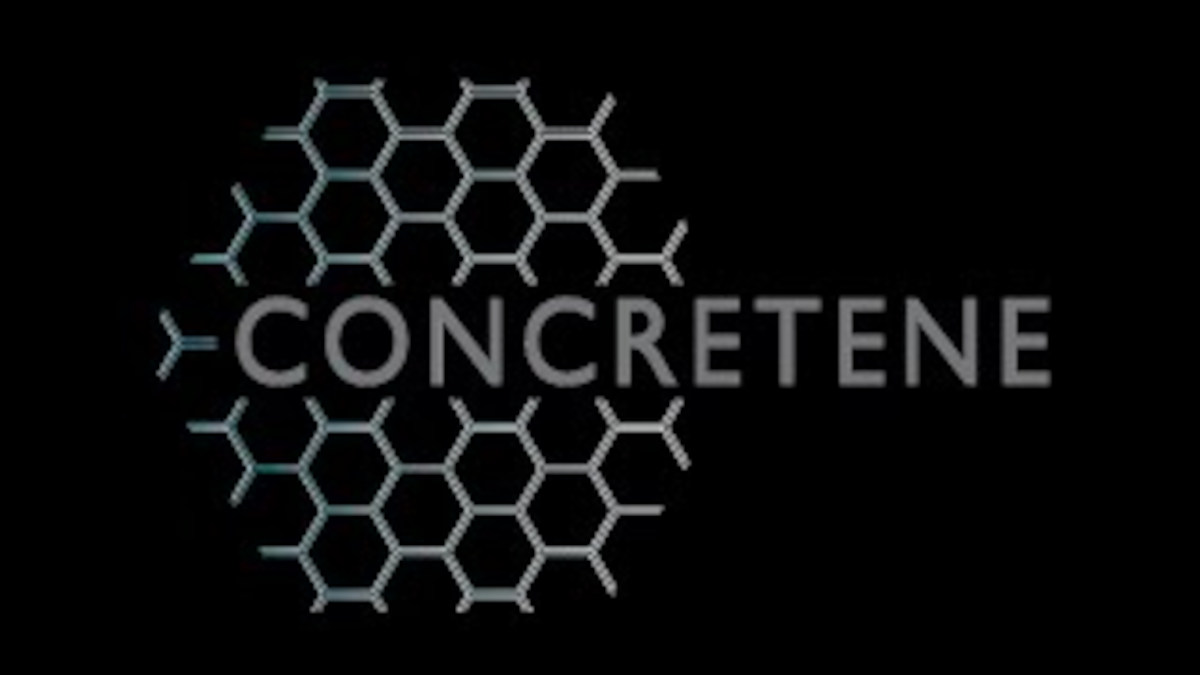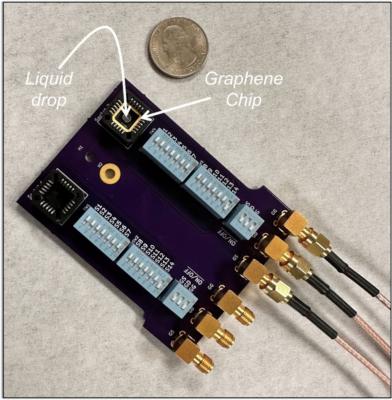Zentek provides market update on ZenGUARD antimicrobial surgical masks
Zentek has provided an update on recent commercialization activities for its ZenGUARD™ Antimicrobial Surgical Masks.
As previously announced in July 2024, the Company embarked on a Canada-wide sampling program for dental professionals facilitated by Henry Schein Inc. that saw ZenGUARD™ Antimicrobial Surgical Masks included in product shipments to Henry Schein customers across Canada. As a result of this program, the Company is now reportedly seeing increased demand from Henry Schein, the world’s largest provider of health care solutions to office-based dental and medical practitioners with a presence in 33 countries.





